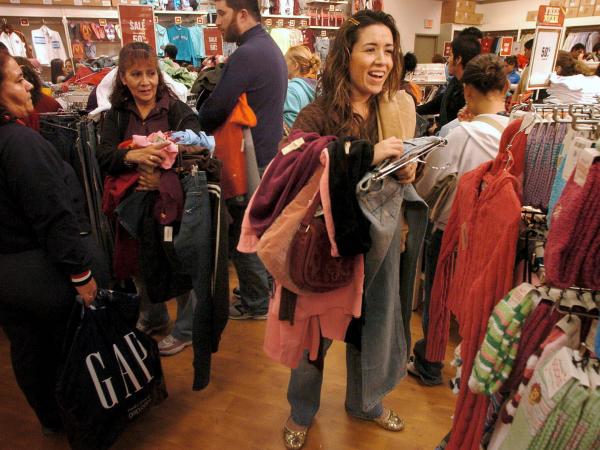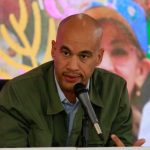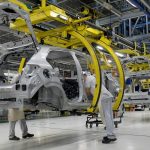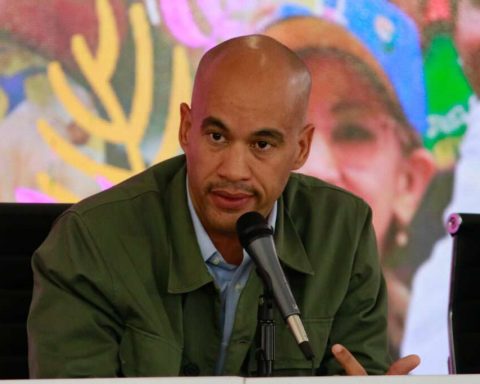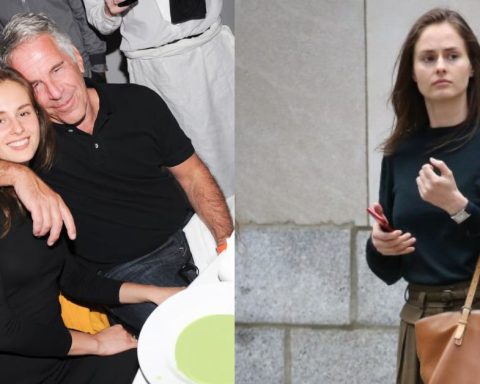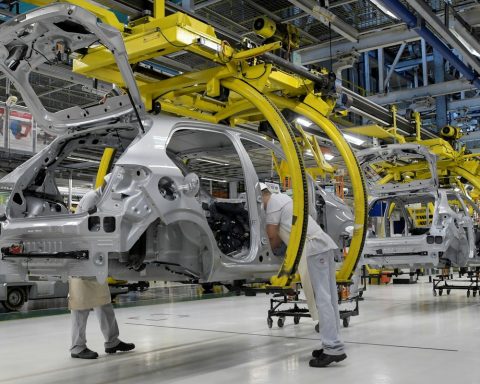The tension resulting from the electoral climate that the country experienced in recent months seems to have subsided, and the consumer confidence indicator (ICC) measured by the National Administrative Department of Statistics (Dane) reflected it in Juneas it showed an improvement of 3 percentage points in relation to the figures for May, and stood at a level of 38.4 points.
(Consumer confidence in the country increased in June to 38.4 points).
The entity’s director, Juan Daniel Oviedo, explained during the presentation of the Social Pulse survey that after several months in which the indicator showed more modest dynamics, the sixth month of the year saw “highly associated with the closing of the political cycle that Colombian society has experienced.”
During the last few months, the country’s political situation, added to high inflation, were the two elements that marked a deterioration in the citizens’ perception of their economic condition and that of the country, but, according to Oviedo, after the president’s definition , the landscape changed.
“Immediately a kind of convergence feeling is generated in the face of the bets and developments in political matters that are proposed by the incoming government or by the elected government”, clarified the director of the Dane.
This situation is already reflected in some of the components measured by the ICC, such as future prospects for the country. There is already 32.5% of the population who believes that the situation in the country will be better in the next 12 months, while 3.1% believes that it will be much better. The confidence score for this indicator was 49.9 out of 100 in June, and improved from a level of 40.5 points in May.
The future prospects of households are also more positive, since, according to Oviedo, more than 1 in 3 households already considers that the economic situation could be better or much better in the next 12 months. While in previous months the pessimism was more marked.
PRESENT SITUATION
But in the perception of the current reality, there is a more marked tendency of pessimism, according to the director of the entity.
“At the country level, a marked deterioration in the economic perception of the present persists. Compared to what was perceived 12 months ago, 62.7% consider that the situation in Colombia is worse or much worse today than it was a year ago.”also indicated the director of the Dane.
In the case of the situation of households, 41.4% argue that their situation is worse than it was at the beginning of the pandemic and 5.2% that it is much worse. 39.1% say that it is the same, and only 13% think that it is better and 1.3% that it is ‘much better’.
This is also reflected in the ability of families to acquire basic goods, such as clothing, shoes, or food, where 63.1% of households still argue that their condition has not improved.
Alejandro Useche, a professor at the Universidad del Rosario, points out that citizen confidence has shown an improvement because the main element that usually happens after the elections is uncertainty.
“They were atypical elections where in recent weeks, and after the first round, there was a turn that no one could have anticipated. After the election, the fact that there is clarity, regardless of who is there, marks more peace of mind”, the scholar explained.
Useche stressed that other elements of calm that the Social Pulse survey has been reflecting are also related to “Many of the changes in society already towards the end of the pandemic. It has become more embedded in the expectations that the world is coming out of the health emergency.”
INCOME PERCEPTION
The latest edition of the Social Pulse survey also incorporated a series of new questions on the perception of poverty and inequality. 94.2% of citizens believe that there is income inequality in the country.
For 53.6% of Colombians, the State has “a lot” of responsibility in reducing this inequality, for 25.9% it is a matter of private companies and for 18.5% of high-income people.
According to the Dane, 21.73% of household heads answered that they pay 0% of their income in taxeswhile 32.9% say they do not want to pay any of their income in taxes.
BRIEFCASE
